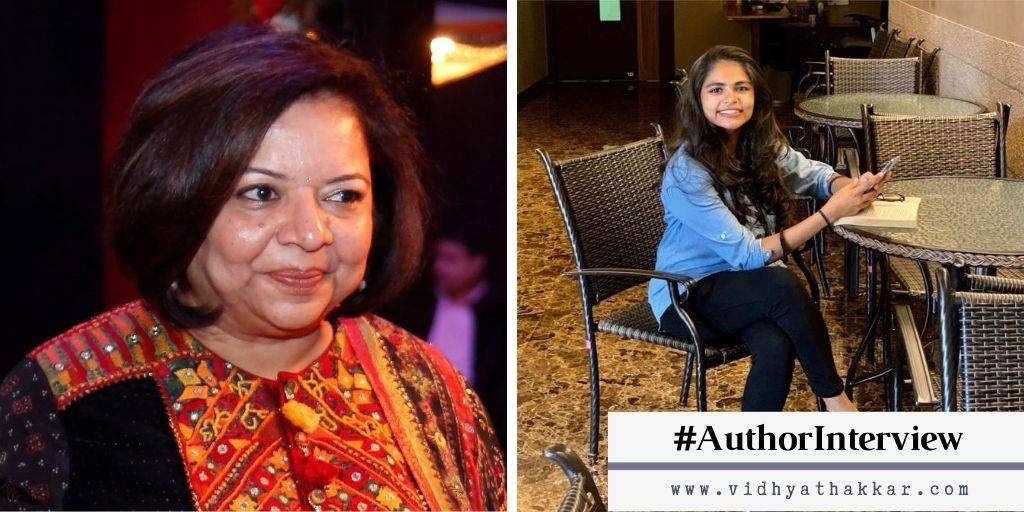
An interview with the author of book ‘The Celeritas Files’.
About the Author:
Ishan is a qualified Chartered Accountant and holds a Master’s degree in Management from HEC Paris (Grande Ecole). Born and brought up in the suburbs of Mumbai, Ishan went on to complete his graduation from Narsee Monjee College of Commerce and Economics and moved to Europe for further studies. He has a rich corporate exposure, having worked in investment banking and strategy roles in multinational companies such as BNP Paribas, Credit Agricole and Danone. Ishan is fluent in six languages including French and Spanish, as a large part of his working life was spent in France and Spain. He currently works with a venture capital fund based in New Delhi, India.
Connect with Ishan at Website, Facebook, Twitter, Instagram.
Interview:
Interview:
1: What inspires you to write?
Personally, I believe that one of the biggest inspirations for writing fiction comes from a person’s dissatisfaction with the world that they live in. It prompts his mind to create an alternative universe, where they get the right to design the characters, shape up the story line and decide how they want things to end up. It is a form of escapism into another world and it acts as the biggest inspiration for writing.
2: How long does it take you to write a book?
I average between 1000-1200 words per day i.e. close to 8000 words per week. Given that my book length ranges from 85k to 90k words, it would mean about 10 weeks for the writing process, about 2-3 weeks for plot formulation and character sketching, 2-3 weeks for proofreading and 2-3 weeks of the in-between breaks. Effectively 4-5 months for the completing the first draft of the manuscript.
3: In which genre you would write your book other than this Genre!
Crime fiction is a very broad term and covers a wide variety of sub-genres. Corporates are my area of expertise so I will stick to corporate crime thrillers for now. I might deviate slightly toward legal/semi-political thrillers but still associated with the corporate world.
4: How did publishing your first book change your process of writing?
I guess blogger and reader feedback helps a lot in discovering your weaknesses and working upon them. Apart from that, the basic process of writing always remains the same. I guess the only thing you tend to increase your focus on is to better understand the reader psychology so that your next book is accepted and liked by a larger number of readers.
5: What are common traps for aspiring writers?
The biggest problem is losing motivation halfway through one’s manuscript and being unable to complete it.
Normally, it is very hard for people to write with devotion because the uncertainty is very high – Will my book get published or not? Will people like it or not? Will I be accepted as a writer or not? Will I ever make any money out of it or not?
One has to train one’s mind to ignore these questions and work so diligently that writing becomes more like a fun-filled daily activity and habitual in nature.
6: How often do you write?
Almost every day. The only time I am not writing is when I have completed and finalized a manuscript and am in the process of conceptualizing the next book.
7: Do you have a set schedule for writing, or are you one of those who write only when they feel inspired?
I normally follow a disciplined schedule. I write from 9.30pm to 11.30pm every evening and from 6 pm to 10 pm on Sundays.
8: How did you come up with the idea for your book?
The mind is a funny object. In my case, working in an office cubicle for 10 hours a day and being fond of crime thriller films, novels and TV shows, somehow made my mind mix up the two and come up with a number of crazy plots circling around crime taking place in a corporate environment. It took some effort to actually sit down and make a concrete design of a plot that wasn’t just random ideas. THE CELERITAS FILES was the first plot idea that came to me which I believed, had good potential if it was converted into a proper novel and published.
9: What is the main thing you want readers to take away from your book?
I normally write to entertain with very subtle social messages. There were a number of points I wished to convey through my book, for example the social acceptance of homosexuals in India, the social acceptance of single mothers in India and so on.
10: What has been one of your most rewarding experiences as an author?
It is hard to pick one. I guess every time a reader tells you that they loved your book, it feels pretty good. What is amazing is the varied perceptions of people and how each reader has his/her own parts in the book that they like. The belief that readers understood and liked your story and found the book worth their time is extremely rewarding.
11: What do you think makes a good story?
I would define a good story as anything good enough to keep the reader engaged. If a reader is kicking himself each time he wants to put your book down, it means you have definitely written a great story.
12: What was one of the most surprising things you learned in creating your books?
I wouldn’t call it surprising but perhaps the best thing I learned while working on my novels was the vastness of the universe of literature and storytelling. There is so much to learn and so much to write about that even a dozen lifetimes are insufficient for a writer to cover it all. The endlessness of this learning experience is what makes the profession of storytelling, perhaps the most amazing profession in the world.
Blog by Vidhya Thakkar

